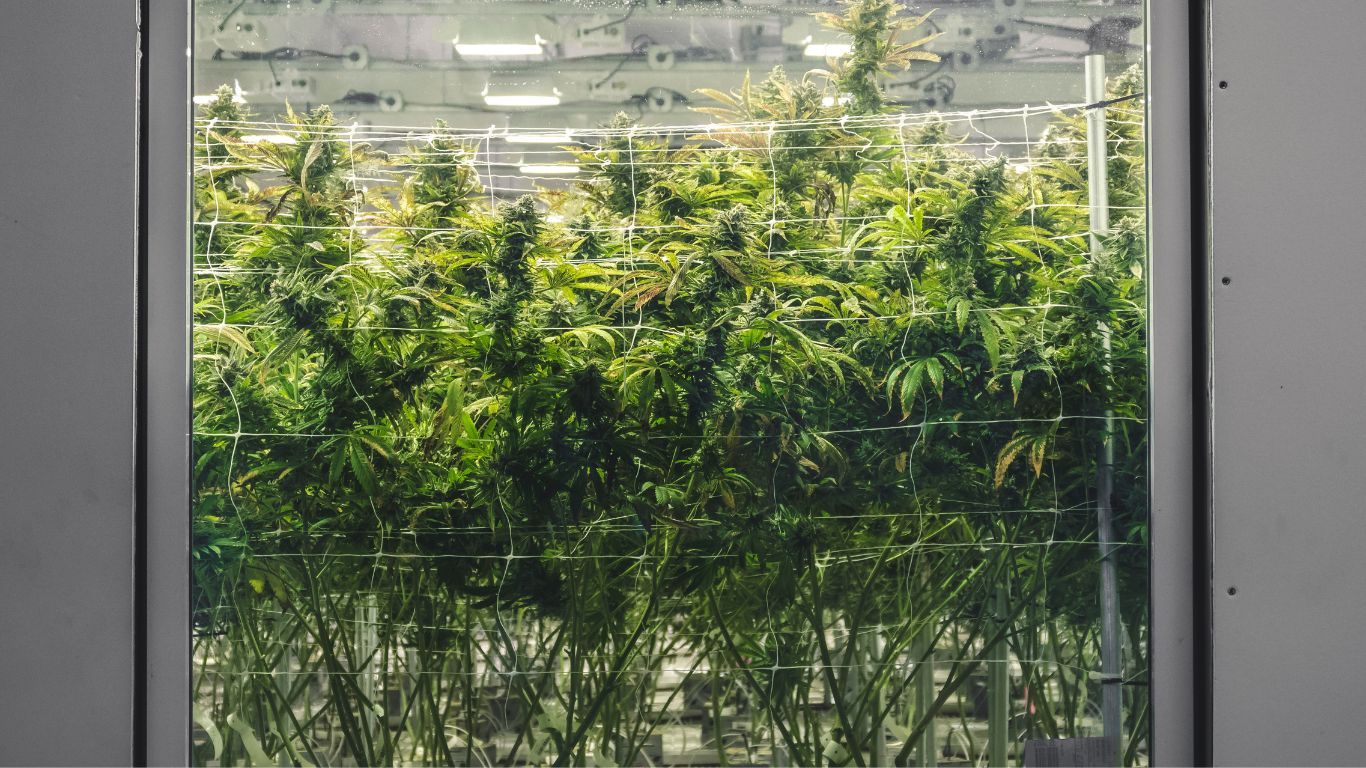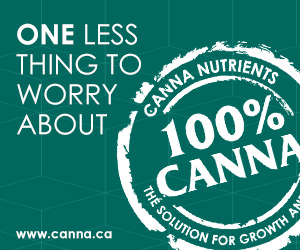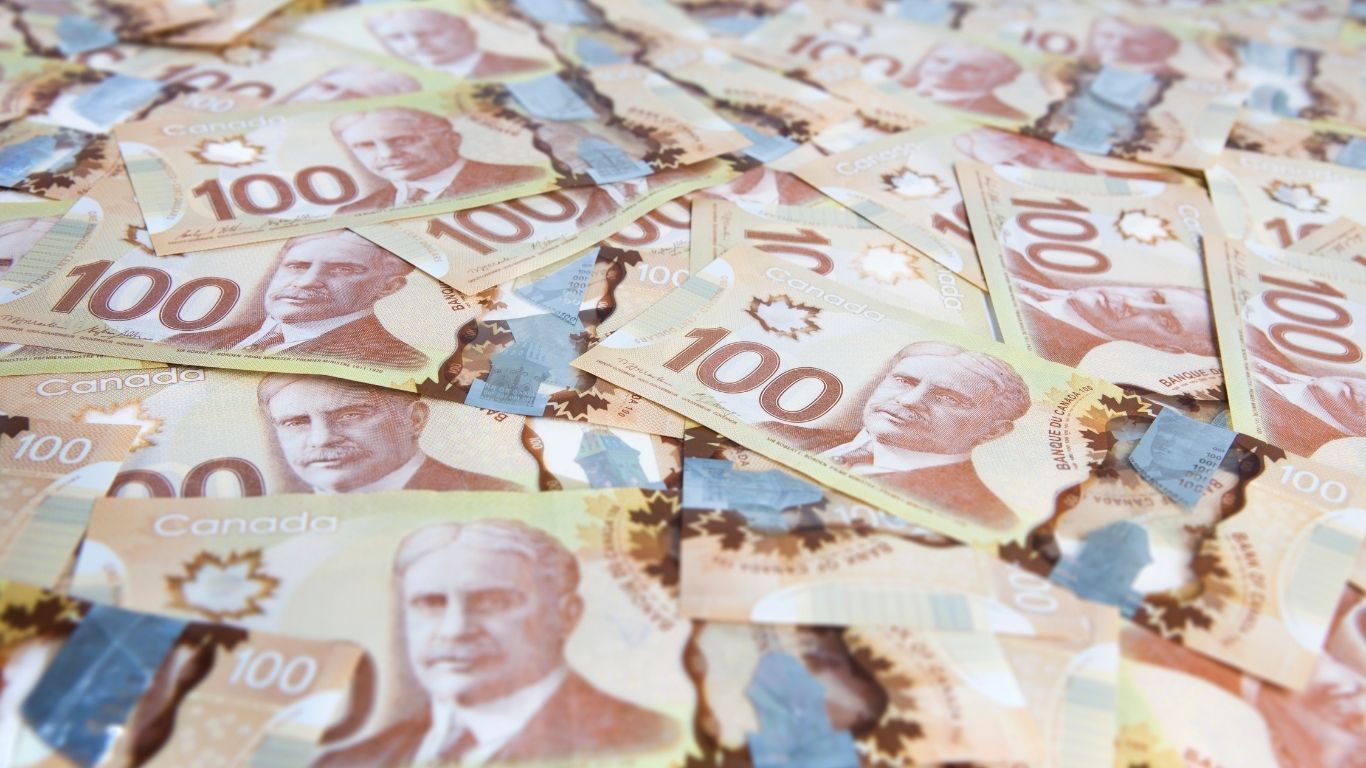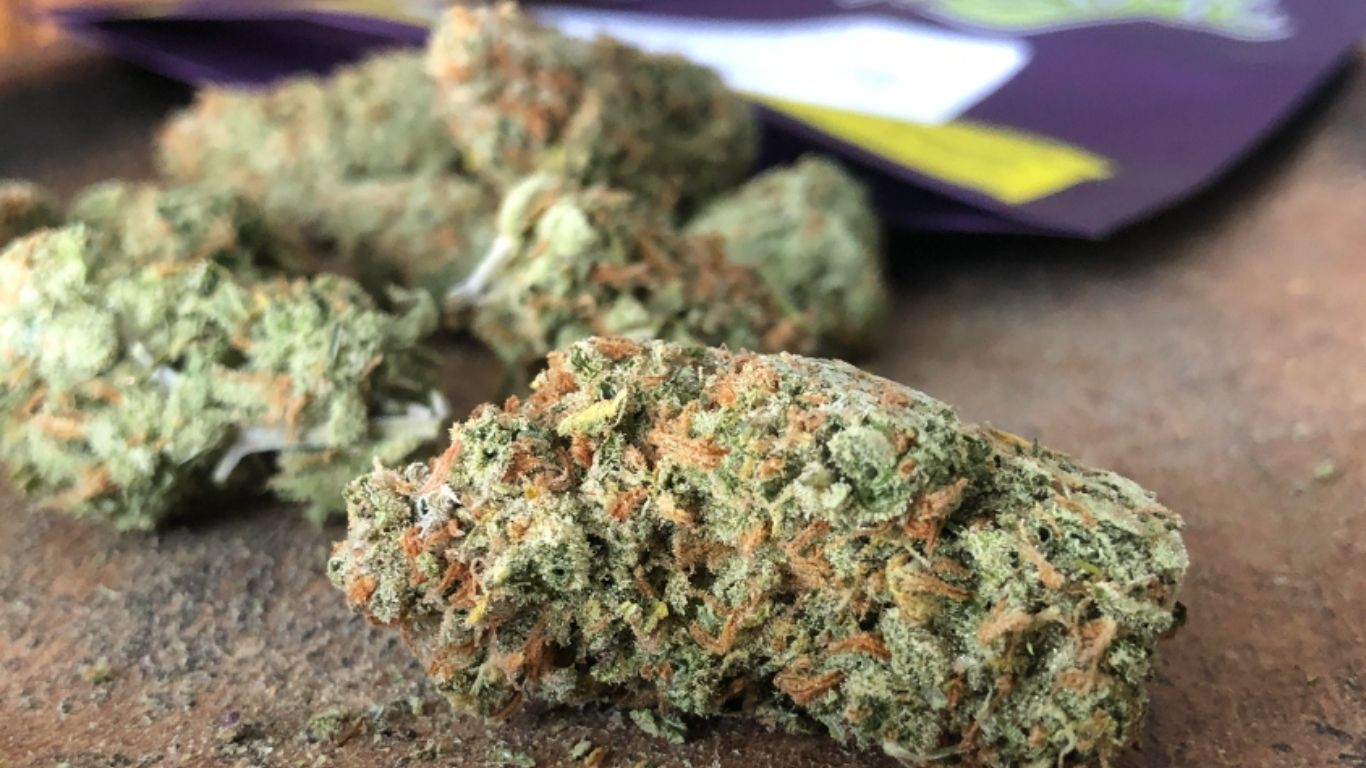
After five years of recreational cannabis legalization, many industry observers believe that Canada’s regulatory environment is lagging behind both industry requirements and societal expectations.
The independent expert panel that conducted the legislative review of the Cannabis Act last year is set to present its findings in March and may recommend some changes. However, a recommendation isn’t legislation and material change is unlikely any time soon.
This is frustrating for many industry participants who often present a consistent view of common-sense adjustments that could make a real difference. By far, the greatest concern is the excise tax on dried cannabis, which is currently set at 10% of a gram’s value, or $1—whichever is greater.
“The change I would make would be to move to a 10% flat tax across the board for recreational,” says Tanner Stewart, Co-Founder and CEO of Stewart Farms in Milltown, New Brunswick. “Give a set percentage-based tax, and we’ll be dancing in the streets.”
This proposal addresses one of the more dire effects of price compression, where the $1 minimum results in producers paying a higher percentage of a gram’s value as prices decline under $10. Given that the price per gram has been trending down, this has resulted in a higher percentage of revenue going to excise.
“Now we have, depending on size and category, tax rates as high as over 50% in some concentrates and vape categories,” says George Smitherman, President & CEO of the Cannabis Council of Canada (C3), which has also argued for a 10% flat tax.
This would suggest a need to consult with industry and assess taxation on a product format basis to avoid distortions in excise duty. To simplify things and reduce bureaucracy, one answer might be to have a flat 10% tax on the landed cost of consumer packaged goods.
But is the tax itself even fair or necessary?
“I would say take a step further back and ask ourselves, why do we have excise duty on cannabis?” says Trina Fraser, a partner at Brazeau Seller Law in Ottawa. “As consumers, excise duty is not something we pay on every product. Usually, it’s on something that the government is actively discouraging, because it poses a higher cost on society in terms of things like healthcare and policing.”
However, Fraser argues that legalization has not resulted in any notable increase in costs in these areas, with no significant added burden to government.
“At this point,” she says, “it is just an easy revenue source, primarily for the provincial governments.”
Governments see green
In many cases, the provinces already have a monopoly on wholesaling cannabis while also receiving provincial sales tax on retail sales. Specific to excise duty, the provinces receive 75% of the revenue, and the federal government 25%. As a result, there is a strong disincentive for a consensus decision to remedy the situation.
Federal regulatory fees could also undergo reform. Minimum fees are $2,500 for micros and $23,000 for standard cultivation. On top of that, micros with revenue up to $1 million pay 1%, and those above $1 million pay 2.3%. Standard cultivators and processors, as well as medical purposes licences, pay 2.3%.
“Regulatory fees must be eliminated immediately,” says Kyp Rowe, president of Victoria Cannabis Company in Victoria, BC. “The 2.3% of revenue for standard processors is criminal. How and why was this number created? Where’s the math behind this?”
One suggestion that came out of the Cannabis Act and Industry Review meeting was a tax based on THC percentages.
“This is an interesting one for me,” says Rowe. “It would knock out the ridiculously high numbers game being played out in the retail market, which has made liars out of labs, and has decreased the number of unique and flavorful cannabis options in the market due to perceived lack of quality from lower THC numbers.”
A special case for medical cannabis
One of the more compelling arguments is to address the medical cannabis market, which has not matured as some would like.
“Pharmacare for medicinal cannabinoids warrants more focus so that it can emerge as a paid-for option on a variety of public plans and programs,” says Smitherman. “For example, there is still no talk of universal coverage for nausea for chemotherapy.”
The excise tax on medical cannabis is also onerous and somewhat nonsensical. Why would the government have a “sin tax” on medicine?
“Before recreational legalization in 2018 we had a medical framework for years, in which private companies were licensed to sell medical cannabis, and there was no excise duty,” says Fraser.
Here, the argument for complete abolition of the excise tax could open the door for wider acceptance within the medical culture and society at large.
“Eliminate tax on medical cannabis altogether,” says Stewart, “and legislate insurance coverage for medical patients.”
Advertising the truth
Another area where regulations could mature is within advertising, particularly given that cannabis is only sold in age-gated environments.
“A child cannot go into a cannabis retail store,” says Fraser. “Then what does it matter if there are portrayals within a cannabis retail store of an animal or a character, or a testimonial? We don’t want cannabis to be accessible to children, but that doesn’t mean we have to be patronizing to adults.”
Fraser is speaking to the specific wording of the general prohibitions on the promotion of cannabis, which state that it is prohibited to use “the depiction of a person, character or animal, whether real or fictional,” as well as a “testimonial or endorsement, however displayed or communicated.”
Fraser’s argument is for common-sense restrictions that require companies to tell the truth, but that allow them more freedom to create and display brands, with adult consumers able to make up their own minds.
Similarly, there has been a strong push to increase the 10 mg limit in edibles to 100 mg. This is intended to provide more consumer choice and to compete with the illicit market, where large volumes can be purchased via Interac, and delivered by Canada Post.
“I think when the review is out, there will be a lot of recommendations, and even some suggestions to reduce the overall tax/duty burden on cannabis producers,” says Fraser. “However, as far as loosening promotional restrictions, or raising the limits on edibles, I’m not as optimistic.”













